The practice of tobacco smoking use has been around as early as 5000-3000 BCE. Native Americans and other ancient cultures harvested the plant and then smoked it for medicinal and ceremonial purposes. Yet as discussed in class, it was not until the late 1950’s that humans began to realize it’s harmful and dangerous side effects. On the other hand, vaping is a relatively new idea (with the first electronic cigarette being developed in 2003) that has been argued by some to be a safer alternative to smoking. While others debate the new substitute to be just as bad, if not worse, than traditional smoking. So, who is right?

When smoking the heat from the fire causes the tobacco to go from it’s solid state to vapor. In cigarette’s this releases nicotine which gets absorbed into your bloodstream through the lungs and in result causes constricted blood vessels, increased heart rate, feelings of alertness, and the release of dopamine in your brain. However, since nicotine is a stimulate, once it is no

longer available you “crash” and begin to crave more, which in the long run could cause addiction. Being addicted to anything isn’t good, especially something so harmful like tobacco. From the extensive research that has been done on tobacco use, it is common knowledge that smoking not only causes addiction, but can create cancer causing effects, development of tar in your lungs, blackening of your teeth, and destruction of taste buds. This certainly magnifies the cons of cigarette smoking. According to the American Lung Association smoking kills approximately 443,000 Americans each year. To a reasonable person the side-efffetcs of smoking should appear not only very dangerous, but also extremely harmful.
Now what about vaping? Electronic cigarette’s transport a nicotine-containg aerosol (vapor) by heating a solution containing nicotine, glycerol, and sometimes flavoring agents. Theoretically this results in the same effects as smoking, without the process of inhaling the dangerous smoke entering your lungs. The amount of nicotine in the solution (e-liquid) can be regulated and may range from 0-30µg of nicotine per puff. This way users can chose not only the flavors and brands of their product, but also the strength. A study conducted by the Society for Research of Nicotine and Tobacco on popular e-cig brands determined that the level of nicotine spawned from 15-20 puffs varied from 0.5µg to 15.4µg. They concluded that the amount inhaled from 15 puffs is much lower compared to one puff from smoking a traditional cigarette. This could leadus to believe that e-cigarette’s are in fact a safer alternative and could help wean users off a smoking habit. On the contrary, the contents of the e-liquid found in this alternative can widely vary from company to company and are sometimes mislabeled. In addition e-liquids contain a base that helps contain moisture without causing sogginess. This base is found in cosmetics and theatrical smoke, that have been known to cause eye irritation and respiratory infections. Scientists are yet to determine prolonged effects of exposure to this base and therefore the FDA has been able to easily approve these products. To me it seems logical that smoking something that’s used in theatrical smoke may not be so good for you. Another argument against vaporizers is that the wide variety of flavors can cause the product to become more appealing to younger people. With delicious names such as Blueberry Cheesecake or Sweet Tangy Melon, I can see how the product could easily attract a younger crowd.

So which option is safer? By examining all the evidence it is hard to say. Since smoking has been around for so long, all the information we have is from prolonged studies and can be much more heavily relied on. With vaping being relatively new we simply don’t have access to longitudinal studies and therefore cannot draw a clear conclusion on what is worse. The gray area in e-cigarette’s and similar products is way too foggy to say that vaporizers are a better option, and if anything could support the fact that they’re are just as bad or even worse than traditional smoking. But for the sake your own health, maybe you should put both products aside and wait for scientists to determine the true dangers of vaping.


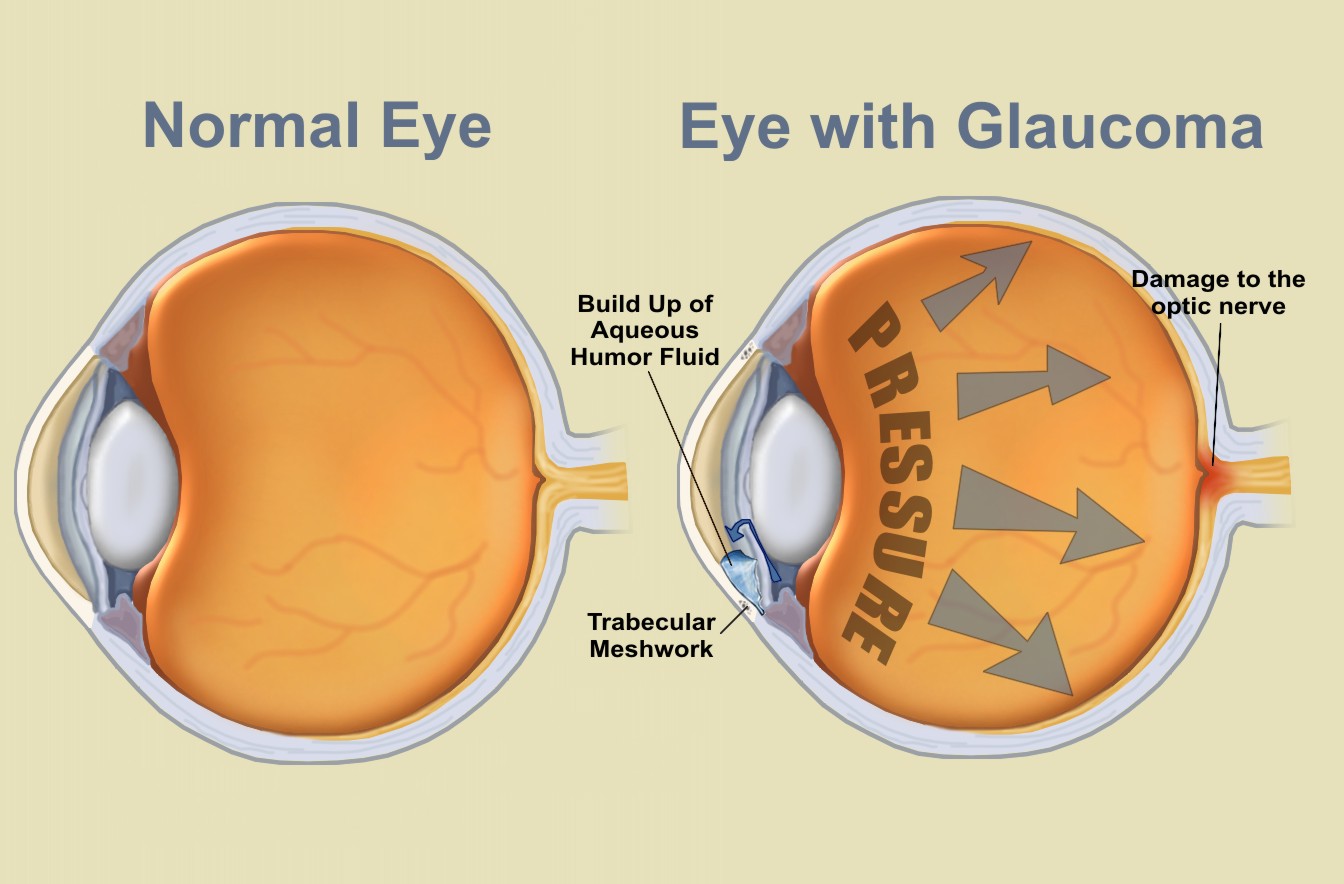
 Deirdre Barrett is the author of “The Committee of Sleep: How Artists, Scientists and Athletes Use Dreams for Creative Problem-Solving-and How You Can, Too” and did an interview with the Scientific American on dreams. She described the scientific definition of a dream as a “narrative experience that occurs during sleep” (Barrett). She was then asked if it is possible to control our dreams, where she said that yes it is possible. She said it depends on what type of dream: lucid, nightmare, etc. To solve a problem in a dream, one must think of that particular problem before they go to sleep. One could also place something next to their bed that would help remind them of the problem, such as a person he/she is in a fight with. Also important, when one wakes up, they mustn’t get right out of bed. They must lay for a second, and the dream will come back to them. Another interesting thing Barrett spoke about was if someone wants to dream of a particular person or experience. You have to get a picture of who you want to dream about, or a specific line they would say (anything relating to them) or the experience you had.
Deirdre Barrett is the author of “The Committee of Sleep: How Artists, Scientists and Athletes Use Dreams for Creative Problem-Solving-and How You Can, Too” and did an interview with the Scientific American on dreams. She described the scientific definition of a dream as a “narrative experience that occurs during sleep” (Barrett). She was then asked if it is possible to control our dreams, where she said that yes it is possible. She said it depends on what type of dream: lucid, nightmare, etc. To solve a problem in a dream, one must think of that particular problem before they go to sleep. One could also place something next to their bed that would help remind them of the problem, such as a person he/she is in a fight with. Also important, when one wakes up, they mustn’t get right out of bed. They must lay for a second, and the dream will come back to them. Another interesting thing Barrett spoke about was if someone wants to dream of a particular person or experience. You have to get a picture of who you want to dream about, or a specific line they would say (anything relating to them) or the experience you had.




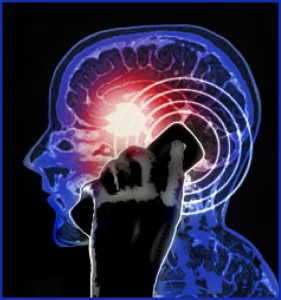


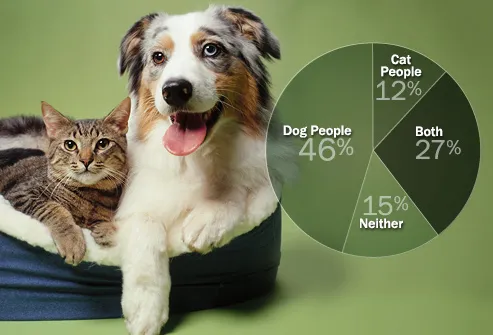





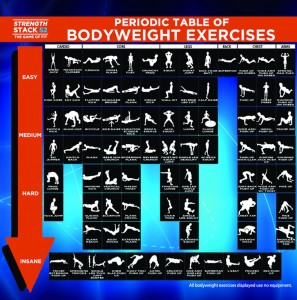 6 cadets completed calisthenic training three days a week for four weeks. Following the four weeks of calisthenics training there was not enough evidence to fail to reject the hypothesis that calisthenics improves overall fitness levels. There are many factors that may have affected this. One being that ROTC cadets already face intense military training, and the calisthenics may not have been as intense as the training they already receive. Also there was no way to prevent a bias. The cadets may have not taken it seriously and may have not worked as hard as their bodies would allow them too. With the great deal of variables that were not accounted for in this study, it is difficult to use this as an accurate representation of the benefits of
6 cadets completed calisthenic training three days a week for four weeks. Following the four weeks of calisthenics training there was not enough evidence to fail to reject the hypothesis that calisthenics improves overall fitness levels. There are many factors that may have affected this. One being that ROTC cadets already face intense military training, and the calisthenics may not have been as intense as the training they already receive. Also there was no way to prevent a bias. The cadets may have not taken it seriously and may have not worked as hard as their bodies would allow them too. With the great deal of variables that were not accounted for in this study, it is difficult to use this as an accurate representation of the benefits of 





 ink-ease, which were little disposable eye protections for your eyes while tanning. Within the past year or so, I stopped wearing eye protection. I recently went to the eye doctor because my sight has gotten so much worse, and I think it is because of the lack of eye protection when tanning. So, I set to find out.
ink-ease, which were little disposable eye protections for your eyes while tanning. Within the past year or so, I stopped wearing eye protection. I recently went to the eye doctor because my sight has gotten so much worse, and I think it is because of the lack of eye protection when tanning. So, I set to find out. When you think about it, people always wear sunglasses to protect their eyes, so why not wear something when tanning indoors? It is the same idea. According to the
When you think about it, people always wear sunglasses to protect their eyes, so why not wear something when tanning indoors? It is the same idea. According to the 

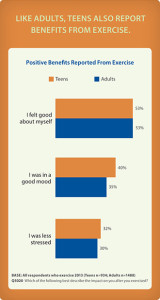


 pounds. This is only a slight increase when compared to the pre-holiday season, where the average weight gain was 0.4-3.28 pounds. Notably, throughout the post-holiday time frame participants lost one pound on average. In addition, it was found that most participants did not have reports of extreme weight fluctuation and in 50% of all measurements the weight differed from the previous measurement by no more than 2.2 pounds.
pounds. This is only a slight increase when compared to the pre-holiday season, where the average weight gain was 0.4-3.28 pounds. Notably, throughout the post-holiday time frame participants lost one pound on average. In addition, it was found that most participants did not have reports of extreme weight fluctuation and in 50% of all measurements the weight differed from the previous measurement by no more than 2.2 pounds. 
 Based off the information in this study, the average amount of turkey a person consumes at thanksgiving is not enough to cause drowsiness. Turkey contains less tryptophan than chicken. If tryptophan affected a person’s energy levels, chicken too would consequently make one tired. It may just be coincidence, but after a summer barbeque full of chicken, I cannot recall feeling drowsy or seen other people feel this way.
Based off the information in this study, the average amount of turkey a person consumes at thanksgiving is not enough to cause drowsiness. Turkey contains less tryptophan than chicken. If tryptophan affected a person’s energy levels, chicken too would consequently make one tired. It may just be coincidence, but after a summer barbeque full of chicken, I cannot recall feeling drowsy or seen other people feel this way. Although it might seem negligible among the many things slopped across your plate, maintaining proper mental and physical health is absolutely crucial to a successful college career. Wellness serves as the foundation on which all aspects of college life are situated, from studying to socializing. A 2015 American College Health Association study reported that about forty four percent of students “felt tired, dragged out, or sleepy during the day,” while about twenty three percent reported “sleepiness during daytime activities as more than a little problem.” (
Although it might seem negligible among the many things slopped across your plate, maintaining proper mental and physical health is absolutely crucial to a successful college career. Wellness serves as the foundation on which all aspects of college life are situated, from studying to socializing. A 2015 American College Health Association study reported that about forty four percent of students “felt tired, dragged out, or sleepy during the day,” while about twenty three percent reported “sleepiness during daytime activities as more than a little problem.” (

![[Cans of Monster Beverage Corp. energy drinks are arranged for a photograph in San Francisco, California, U.S., on Monday, April 30, 2012. Monster Beverage Corp. surged the most in almost eight years after the Wall Street Journal reported Coca-Cola Co. is in talks to buy the maker of energy drinks. Photographer: David Paul Morris/Bloomberg] *** [] **DP OUT,OS OUT,HOY OUT**](https://sites.psu.edu/siowfa15/wp-content/uploads/sites/29639/2015/12/729982011.jpg)
 Studies show in both adults and children that daily breakfast eaters tend to weigh less than breakfast skippers. According to CNN’s chief medical correspondent, Dr. Sanjay Gupta, you should eat a big meal, around 300 to 500 calories, within an hour of waking up. People who skip breakfast are much hungrier by lunch and dinner, so they tend to compensate for these missing calories by snacking and eating before bed. Consequently, they consume many more calories than the recommended amount and gain weight. Those who habitually eat a nutritious meal in the morning are more likely to maintain their current weight and have an easier time losing weight if needed (
Studies show in both adults and children that daily breakfast eaters tend to weigh less than breakfast skippers. According to CNN’s chief medical correspondent, Dr. Sanjay Gupta, you should eat a big meal, around 300 to 500 calories, within an hour of waking up. People who skip breakfast are much hungrier by lunch and dinner, so they tend to compensate for these missing calories by snacking and eating before bed. Consequently, they consume many more calories than the recommended amount and gain weight. Those who habitually eat a nutritious meal in the morning are more likely to maintain their current weight and have an easier time losing weight if needed (

 .
.
 Everyone dreams during sleep, but not everyone recalls the mental escapade the next day, and scientists are still not sure why some people remember more than others. Overall, I was dissatisfied with the findings. With all studies considered, many scientists may think that they have found substantial evidence on why some people are high or low dream-recallers, however there still needs to be more studies done to explain this phenomenon; and maybe one day we will understand the complex world of dreaming.
Everyone dreams during sleep, but not everyone recalls the mental escapade the next day, and scientists are still not sure why some people remember more than others. Overall, I was dissatisfied with the findings. With all studies considered, many scientists may think that they have found substantial evidence on why some people are high or low dream-recallers, however there still needs to be more studies done to explain this phenomenon; and maybe one day we will understand the complex world of dreaming.